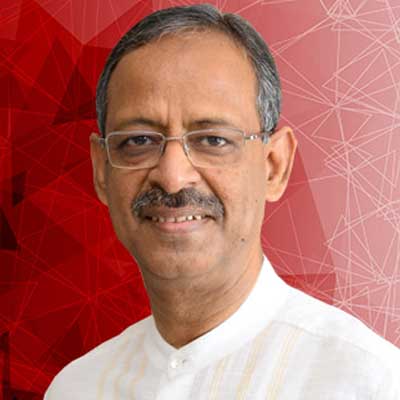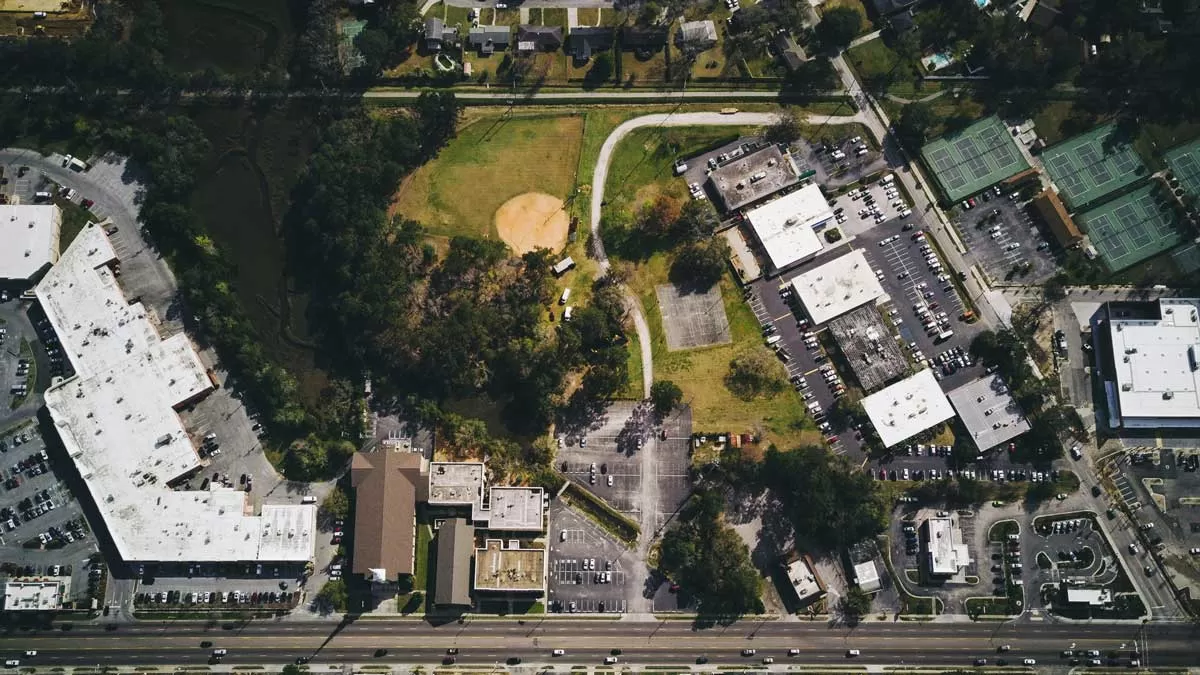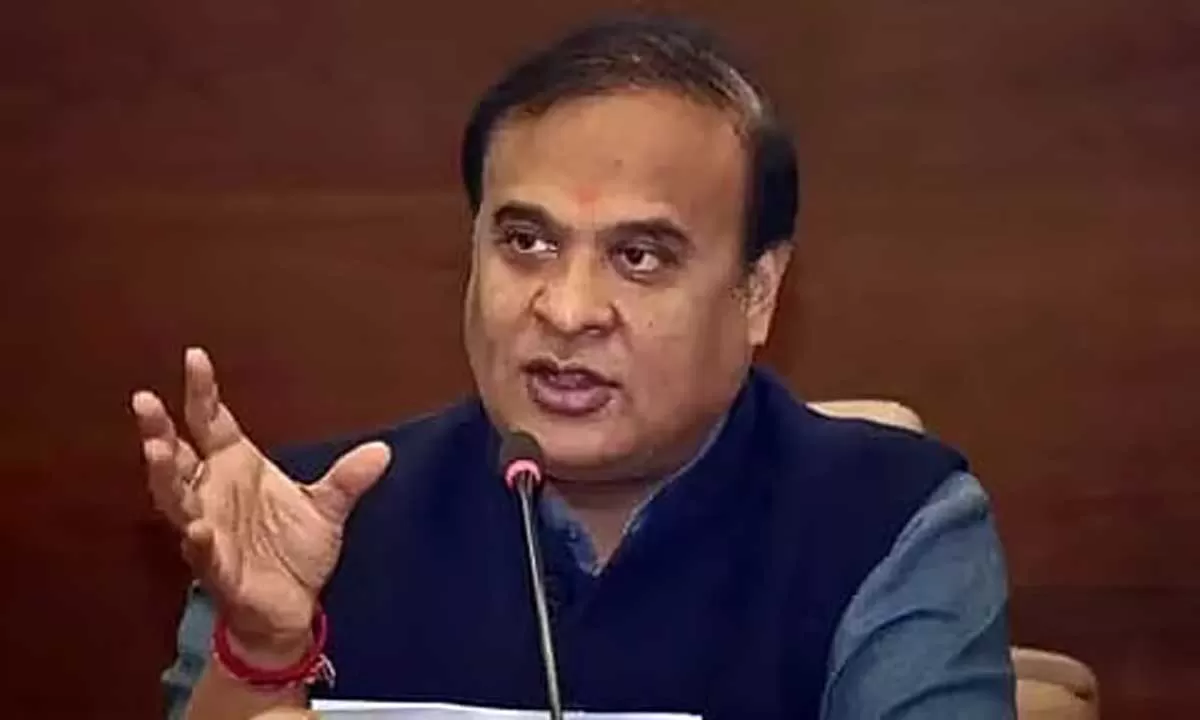The recent wave of Covid-19 pandemic spread like a ‘tsunami’ in India. The second wave was worse than the first one. There could be several factors responsible for the huge spike in number of cases and its severity in the second wave as compared to the first, but it was a herculean task for any government to handle a pandemic of such scale and impact.
Also read: https://www.constructionworld.in/policy-updates-and-economic-news/when-and-how-did-it-all-go-wrong-/26856
Among many other things from augmenting medical oxygen to post-Covid complications like black fungus, ramping up critical care infrastructure to save lives was one of the major challenges faced by governments. In this backdrop, Dr PS Harsha, an IPS officer was appointed as Nodal officer and head of the Mission on April 30 to set up 500 ICU beds in each of the 8 BBMP zones.
At the time he was appointed as a Nodal officer, the situation was very challenging. In the first week of May, Bengaluru had about 10,937 beds reserved for Covid-19 patients out of which about 559 beds were ICU beds and about 478 beds were ICU beds with ventilator. When the city was still around two weeks away from the peak, more than 95 per cent of the beds were occupied. There was shortage of ICU beds, ventilators faced by most of the hospitals. To make matters worse, there was also shortage of oxygen supply.
The Mission had three main objectives. First, to immediately assess the requirement of critical care infrastructure which broadly included Oxygenated beds, HDU, ICUs. Second, to visualise a feasible operational plan and an implementation structure to create the infrastructure as assessed by experts and relevant departments of the government tackling the COVID-19 crisis. And, the third, to put up an elaborate action plan with implementation framework delineating clearly the roles and responsibilities of various departments of Government and functionaries involved. To facilitate the above upgradation of infrastructure, ensuring adequate manpower availability is necessary to put up a coordinated effort on the ground.
The Karnataka Government adopted a whole-of-government and whole-of-society approach to ramp up health infrastructure on war-footing. The Chief Minister gave a clarion call appealing to corporate sector to come forward and join hands with the government to combat the virus. Bengaluru, home to several marquee MNCs, received overwhelming response to CM’s call and several companies came forward to leverage their CSR initiatives towards Covid-19 relief and rehabilitation efforts. However, coordinating and collaborating with all these agencies and institutions to increase scale and speed was the challenge. In order to reduce the turnaround time and optimise costs it was decided to go ahead with brownfield approach instead of greenfield approach where government identified public hospitals and teaching hospitals attached to medical colleges. The idea was to use existing general beds and convert them into ICU beds, so that the healthcare personnel and other required manpower could be readily made available.
Also read: https://gold.constructionworld.in/index.php/urban-infrastructure/smart-cities-projects/anil-swarup--mumbai-did-it-yet-again/27449
The Indian Institute of Architects, Karnataka Chapter and Columbia Asia Hospitals came forward as technical partners to this mission, for conducting the baseline assessment for the facilities identified for bed augmentation. They agreed to carry out these services pro-bono. A team of senior architects along with experts in the field of hospital design assisted in conducting surveys at the hospital, and preparing the proposal, including cost estimations for the same.
The Confederation of Indian Industry (CII), through its Karnataka chapter and CII Foundation have acted as a conduit to channelise CSR funding from Corporates into healthcare facilities. Also, CII through its foundation has facilitated an institutional mechanism to channelise individual contributions as well to this mission.
As of July 22, 2.82 crore vaccine doses have been administered in Karnataka, the highest among all South Indian states. Initially, due to a lot of rumour mongering, there was vaccine hesitancy. But subsequently, this hesitancy was gone. Print media, TV and hoardings were used to promote vaccination drives. However, what really worked was the reassurance from religious leaders and celebrities. Intervention by the local district administrations that interacts with people on a daily basis also helped in convincing people, even in rural areas. It is expected that the entire population will be vaccinated by the end of the year.
The outcomes of this initiative have been very encouraging. Though the mission has initially started for infrastructure upgradation in the city of Bengaluru, there has been tremendous response from districts’ administration to scale up the mission pan Karnataka.
About 1,090 beds are at different stages of augmentation, of which 204 beds have already been set up and operational, 390 are under progress and corporates are being tied up for the rest.
About 24 beds have been set up in Jayanagar General Hospital by Embassy and AZU. CV Raman General Hospital has got 56 beds through contribution from 3M, Hitachi, ABB Power Grids and Volvo Group. Another 24 beds are operational in Epidemic Diseases hospital which is set up in collaboration by Embassy Group, McAfee, AXA, Yahoo, Capital Land Swiss Re. In addition, 100 beds have been added at Yelahanka by Boeing, Celko Foundation and KPCL.
The implementation of 190 beds being set up by Texas Instruments, Modulus and Swasti Agency is underway at Rajiv Gandhi Institute of Chest Diseases (RGICD).
Infosys has also provided equipment worth Rs 1.5 crore in Anekal General Hospital, KR Puram and Yelahanka General Hospital. Wells Fargo (in collaboration with UnitedWay) is setting up 100 bedded modular hospital at Gadag Institute of Medical Science (GIMS), Gadag. 40 beds are being augmented at Indira Gandhi Institute of Child Health (IGICD) by 3M, Embassy, CII Foundation Swiss Re foundation, ICEMA. Oxygen plant is also being set up at IGICD by Lowes India and Sambhav Foundation. HDFC Bank is undertaking infrastructure upgradation activities at ESI Rajajinagar hospital. Indian American Foundation is setting up 100 beds at Shikaripura Taluk General Hospital in Shivamogga District. Organisations like Doctors for you, LabourNet, etc, have taken an initiative to partner with the government in bridging the manpower shortages, wherever required.
In addition to the above, infrastructure upgradation activities are in pipeline at various other hospitals like HMT Hospital, Taluk Hospital in Doddaballapur, Devanahalli, Nelamangala and Hoskote and ESI Hospitals in Indiranagar and Peenya, etc. Also, plans are underway to set up Oxygen plants in Kodagu, Shimoga and Gadag districts through CSR mode.
Dr Harsha and his entire team of dedicated personnel made-it-happen. The use of CSR funds and the initiative to involve corporate was an outcome of a well-defined strategy by the team. Apart from utilisation of CSR Funds, the industry was willing to contribute 50 oxygen concentrators and 50 non-invasive Bilevel Positive Airway Pressure (BIPAP) ventilators. Such proactive interventions reflect the confidence that the government had built with the industry to augment necessary health infrastructure through the CSR initiative. Government’s decision to take the CSR route to ramp up critical health infrastructure, even as the second wave retreats, reflects the continued focus to ensure preparedness for the third wave.
The initiative taken under the inspired leadership of Dr Harsha has set many benchmarks in public-private cooperation. It also illustrates that there is enormous scope for cooperation between the public and private sectors when it comes to handling a crisis.
About the author:
Anil Swarup has served as the head of the Project Monitoring Group, which is currently under the Prime Minister’s Office. He has also served as Secretary, Ministry of Coal, and Secretary, Ministry of School Education.


















